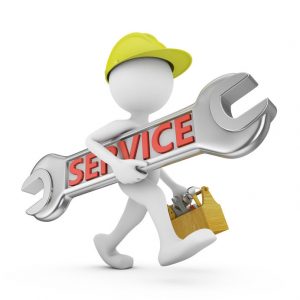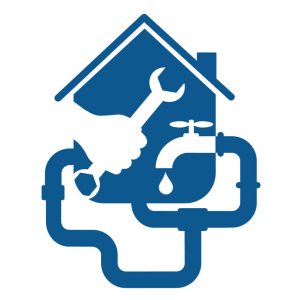Problems at the sewer level may occur in any building. They tend to be more frequent in old buildings, but new buildings are not immune either. Water leaks, clogged pipes, faulty toilets, dripping faucets, low water pressure and water contamination are just some of the main problems.
How can you tell if you have a sewer problem?
There are various signs that indicate the presence of problems at the sewer level. For example, water may come out of the siphon, water in the sink does not drain as quickly as it should, the toilet runs out of water or is filled with too much water. Repulsive odors are another sign that you have some sewerage problems.
In general, commercial properties are more likely to face sewer problems as opposed to residential housing. First of all, we are talking about a large number of customers and employees who use these sanitary facilities, and secondly, it is very possible that they do not use them properly. Any improper object thrown in the toilet or sink can lead to the blockage of the sewer system, which requires the rapid intervention of a specialist, who can quickly fix this problem, avoiding the unpleasant consequences.
It is important to also discuss the main causes that lead to sewer blockage. Most often, the main cause is leaking grease, oils and food debris, but this does not apply to all buildings. Therefore, the main cause of clogged sewerage is given by inappropriate objects thrown into drains leading to blockages.
Additionally, there may be causes that most people are not aware of – e.g. tree roots. You may not know it, but tree roots are the second leading cause of clogging the sewer, and that is because they are strong enough to damage the sewer system and cause blockages.
Also, heavy rainfall can sometimes overload the sewer system and cause the pipes to explode. In most of the cases, we are talking about old pipes. Many of the old buildings still have clay pipes or sewers made of lower quality materials which, over time, become more and more fragile. In this situation, a professional plumber Denver drain unclogging service may suggest you to replace the entire sewer system with one made of better materials.
Different things thrown in the toilet or sink, including paper, napkins, cleaning diskettes, diapers and feminine hygiene products will always create blockages, sooner or later.

Sometimes it may not very obvious whether it is a minor water leak or a clogged sewer. But if you detect bad odor near the sewer or if you are already experiencing flooding, there is no doubt that you need to call a plumber Denver professional service quickly.
However, there are other indicators that may reveal the need for urgent sewer repairs. For example, if your drinking water has an unpleasant taste and odor that indicates traces of chloride and metals, you should contact a plumbing company immediately. As you already know, it is always better to prevent than to remedy, especially when it comes to a problem that can have unpleasant and dangerous consequences for your health.
